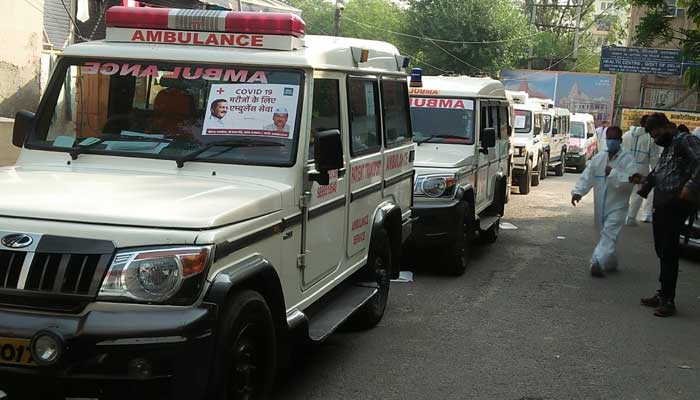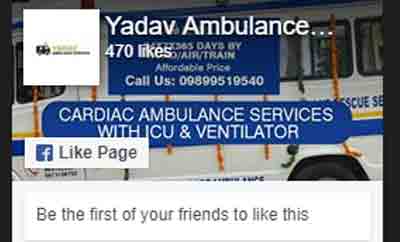What Is the Process to Book a Train Ambulance in India?
Medical emergencies don’t always happen close to the right healthcare facility. In some cases, patients need to be moved across cities or even states to receive specialized treatment. While air ambulances are fast, they can also be expensive and aren’t always necessary for stable patients. That’s where train ambulances come in—a reliable and cost-effective alternative for long-distance medical transport in India.
Train ambulances are essentially mobile medical units set up inside train compartments, fully equipped to handle non-emergency but critical care transport. These are typically used for patients who are stable but need continuous monitoring and support while being shifted to another city for advanced medical treatment.
Coordinating Train Ambulance Services: The Importance of Ambulance Support in Delh
When arranging a train ambulance, especially in major cities like Delhi, families often rely on experienced ambulance services in Delhi to handle the process. These services act as coordinators, taking care of the logistics, paperwork, medical setup, and transport to and from the railway station. Because patients often need to be moved from a hospital to the train and then again to another hospital at the destination, the entire process must be smooth and well-organized.
Ambulance providers ensure a point-to-point service, including initial hospital pickup, onboard care during the train journey, and safe delivery to the receiving facility. They also arrange the medical team and any equipment required, such as ventilators, oxygen support, or cardiac monitors, based on the patient's condition.
How the Booking Process Works
Booking a train ambulance is a step-by-step process that begins with an assessment of the patient's condition. Once it's confirmed that the patient is stable enough for train travel, the ambulance provider contacts Indian Railways to book a suitable coach—often a first-class AC compartment or a specially reserved section.
A team of medical professionals is assigned to travel with the patient. These typically include a doctor and a nurse or paramedic who monitor vital signs and provide care throughout the journey. Depending on the distance and urgency, the most suitable train and route are chosen. The ambulance team also arranges for medical equipment to be loaded and set up well before departure.
Coordination with railway authorities is crucial, and experienced ambulance services usually have the know-how to get all necessary permissions, sometimes even on short notice. Advance booking helps, but emergency bookings can also be made, especially when backed by medical documents.
Why Train Ambulances Are a Preferred Option
Train ambulances are ideal for patients who need medical attention during travel but are not in a critical or time-sensitive condition. For instance, patients recovering from major surgeries, those requiring long-term treatment in another city, or individuals with chronic conditions who need specialized care not available locally.
Cost is another major factor. Compared to air ambulances, train ambulances are significantly more affordable, especially for families facing long-term medical expenses. They also offer more space, which can be a comfort for patients during long journeys.
Important Things to Keep in Mind
When planning a train ambulance, it's essential to book through a licensed and experienced ambulance provider. The medical team should be trained to handle emergencies if they arise mid-journey. It’s also advisable to carry all relevant documents, including medical history, prescriptions, and a letter from the treating doctor.
Families should ensure that both departure and arrival cities have ambulance services ready to handle the ground transport. In Delhi, many full-service ambulance providers are well-versed in train ambulance coordination, making the process less stressful for families.



